Why Fermented Foods Don’t Work for Everyone
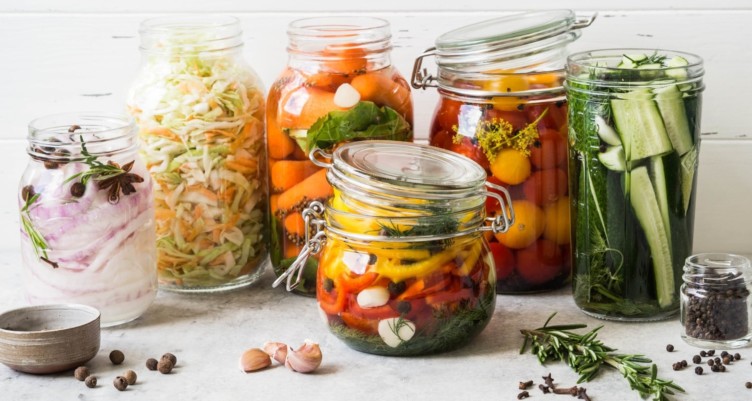
As more and more recent research confirms the importance of the gut microbiome, fermented foods have skyrocketed in popularity. Just five years ago, it would have been unheard of to find kombucha in a conventional grocery store, yet today it’s everywhere. Fermented foods like kimchi, kefir and sauerkraut contain the beneficial byproducts of fermentation, as well as live microbes to boost your gut diversity and support better mental and physical performance.
Despite studies supporting these claims, not everyone feels the love when it comes to ferments. Are fermented foods truly Bulletproof? The answer is actually more complex than it seems, thanks to a compound called histamine. Histamines are byproducts of fermentation produced by certain bacteria, and can leave some people feeling pretty messed up.
The quick answer is: Fermented foods are suspect on the Bulletproof Diet, but their effects can vary from individual to individual. If you tolerate them, the benefits can be wonderful, and if ferments aren’t your friend, that’s OK too. Here’s your quick guide to understanding the histamines in fermented foods, how they work, and how to limit or avoid them as your body needs.
Ferments are potent probiotics
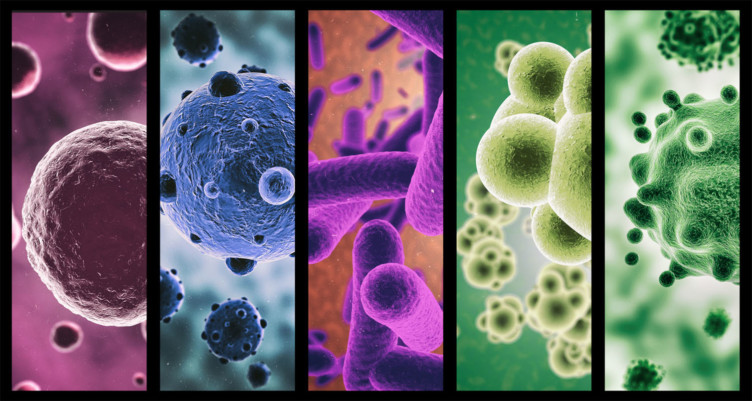 So much of your health is tied to your gut biome (the microorganisms in your digestive tract), and keeping it healthy and balanced is essential to reduce disease and optimize performance.
So much of your health is tied to your gut biome (the microorganisms in your digestive tract), and keeping it healthy and balanced is essential to reduce disease and optimize performance.
Overused antibiotics, environmental toxins, and heavily processed or toxic foods can all wreak havoc on your microbiota, nixing microbial diversity and damaging membranes. When your gut biome balance is out of whack, your body becomes tired, inflamed, and weak. In fact, an imbalanced gut is linked to conditions as diverse as diabetes, obesity, depression, eczema, and irritable bowel syndrome. [1][2]
Fermented foods contain live microorganisms, and provide a vital dose of diversity to your gut. Studies have linked fermented foods and increased microbial diversity to improved immunity, better weight management, cardiovascular health, glucose metabolism, and even cognitive function. [3]
A healthy balance of gut bacteria also plays a role in moderating inflammation, and diets containing fermented foods may reduce inflammation and oxidative stress, helping to reduce chronic diseases such as arthritis, fibrosis, or depression. [4][5][6]
The fermentation process also increases the nutrition of many foods, breaking down anti-nutrients and increasing the bioavailability of stored nutrients. The bacteria behind many ferments also produce beneficial compounds that give these foods their antioxidant, anti-microbial, anti-fungal, anti-inflammatory, anti-diabetic and anti-atherosclerotic properties. Byproducts of fermentation from these bacteria include vitamins, enzymes, and beneficial peptides such as conjugated linoleic acid.[7]
RELATED: Signs Your Gut is Unhealthy and Why You Should Fix It
Histamines in fermented foods
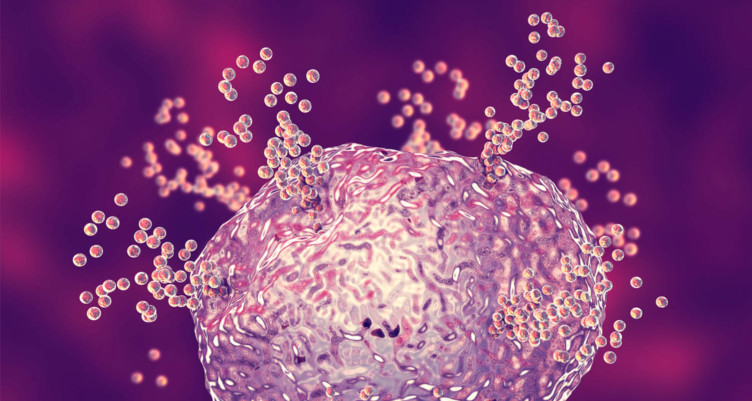 A diverse microbiome boasts tons of benefits, but some common microbes actually produce toxins that may leave you feeling less-than-blessed. These toxins include “biogenic amines” such as the well-known histamine, and tend to mess with certain people’s guts more than others. If fermented foods leave you nauseous, inflamed, bloated, or just feeling gross, you may be more sensitive to histamine-producing bacteria or foods.
A diverse microbiome boasts tons of benefits, but some common microbes actually produce toxins that may leave you feeling less-than-blessed. These toxins include “biogenic amines” such as the well-known histamine, and tend to mess with certain people’s guts more than others. If fermented foods leave you nauseous, inflamed, bloated, or just feeling gross, you may be more sensitive to histamine-producing bacteria or foods.
Histamines are neurotransmitters that influence your brain function and immune health. In an allergic response, mast cells (a part of your immune system) release histamines, triggering quick inflammation to increase blood flow and let immune cells react to an intruder.[8] This leads to those classic allergy symptoms like puffy, watery eyes; headaches; skin rashes; or a stuffy or runny nose. Histamines also form when bacteria break down proteins, both during fermentation, and during digestion in your gut.
Histamine intolerance and fermented foods
 For most people, histamines are no problem, but genetics or a damaged gut can lead to low levels of the enzymes DAO and HNMT needed to break down the amount of histamines coming in. [9] Histamine intolerance occurs when your body can’t metabolize the amount of histamine in your diet, and it starts to accumulate in your bloodstream, sending your body into panic mode.
For most people, histamines are no problem, but genetics or a damaged gut can lead to low levels of the enzymes DAO and HNMT needed to break down the amount of histamines coming in. [9] Histamine intolerance occurs when your body can’t metabolize the amount of histamine in your diet, and it starts to accumulate in your bloodstream, sending your body into panic mode.
A build-up of histamine can look a lot like allergies or food sensitivities, but the signs tend to be slow, subtle, and even chronic, making it hard to identify. Symptoms of histamine intolerance include skin irritation, hives, throat tightening, increased heart rate, nasal congestion, migraines, fatigue, heartburn, reflux, trouble with inflammation, and weight gain. [10]
Which bacteria produce histamines?
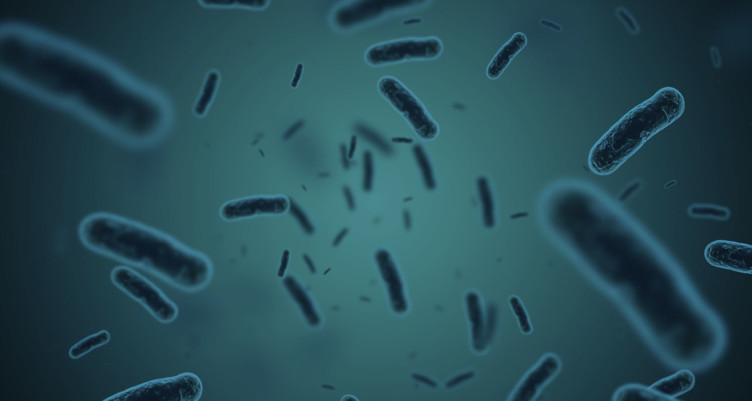 To understand how fermented foods work with your body, it’s important to understand which bacteria produce histamines. When a food ferments, certain bacteria convert the amino acid histidine into histamine. At the same time, other bacteria can actively break down histamine. This balance of bacteria determines the histamine content of fermented foods, as well as impacting the amount of histamine produced when non-fermented foods are digested in your gut.
To understand how fermented foods work with your body, it’s important to understand which bacteria produce histamines. When a food ferments, certain bacteria convert the amino acid histidine into histamine. At the same time, other bacteria can actively break down histamine. This balance of bacteria determines the histamine content of fermented foods, as well as impacting the amount of histamine produced when non-fermented foods are digested in your gut.
Eating foods high in histamine-producing bacteria can deal a double blow to those with histamine intolerance, both by supplying histamines, and by elevating the populations of these bacteria living in the gut, leading to even more internal histamine production. Even those without chronic histamine intolerance can out-eat their enzymes by overloading on high-histamine foods.
Unfortunately, it’s not always possible to know what strains went into fermenting your foods, especially if those foods are homemade. If you’re histamine-intolerant, you may find that fermented foods just don’t work for you at all, and it’s totally OK to avoid them.
You may also find that you tolerate certain foods or certain strains better than others. Avoiding histamine-producing bacteria and seeking out foods made with histamine-degraders might allow you to enjoy your kraut once more: [10-16]
- Histamine producing bacteria: Lactobacillus casei, Lactobacillus reuteri, and Lactobacillus bulgaricus (Found in a majority of yogurts and fermented foods).
- Neutral bacteria: Streptococcus thermophiles (also in yogurt) and Lactobacillus rhamnosus (down regulates histamine receptors and reduces inflammation)
- Histamine degrading bacteria: Bifidobacterium infantis, Bifidobacterium longum, Lactobacillus plantarum, and Saccharomyces boulardii (actually a yeast, but increases DAO activity)
Low-histamine ferments
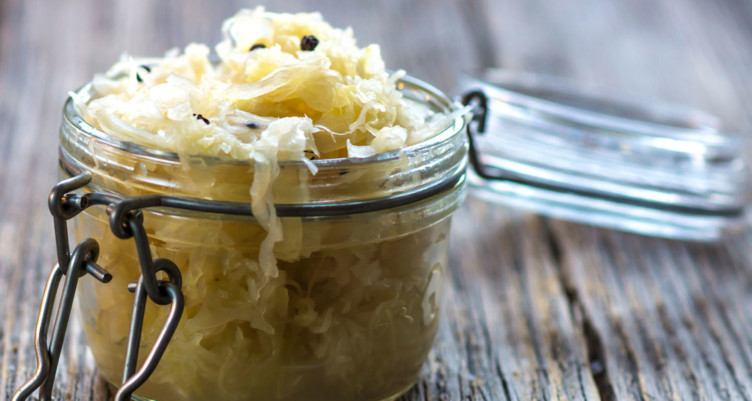 Fermented foods like sauerkraut, kombucha, and pickles can increase microbe diversity and bring you a whole host of benefits, but only IF those bacterial cultures agree with you. You might tolerate some brands better than others depending on how they’re made, but the only way to tell is to try.
Fermented foods like sauerkraut, kombucha, and pickles can increase microbe diversity and bring you a whole host of benefits, but only IF those bacterial cultures agree with you. You might tolerate some brands better than others depending on how they’re made, but the only way to tell is to try.
Experiment with fermented products made with organic veggies, and steer clear of any with artificial additives. Fortunately, foods in the Bulletproof Diet green zone are low in histamine, so ferments made with these foods are less likely to leave you foggy or fatigued.
And remember, if fermented foods don’t sit well with you, it’s OK to not eat them! If you’re curious to find which ferments work for you, seek out foods made with histamine-reducing bacteria, or try out the low-histamine foods recommended below:
Low-histamine foods
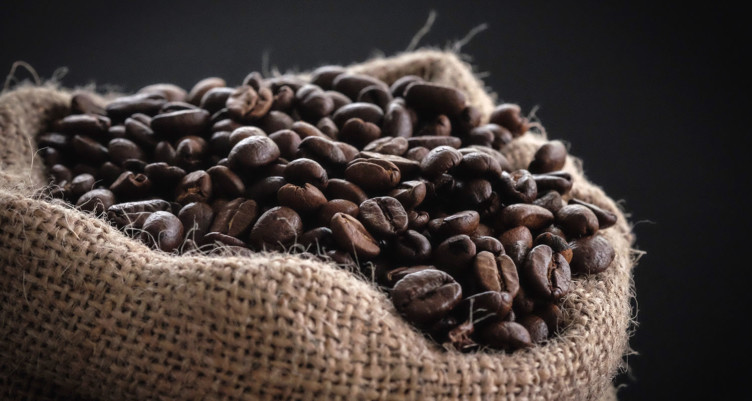 Try These:
Try These:
- Bulletproof coffee: it’s easy to forget, but coffee is a fermented food! Bulletproof coffee beans are design to have the lowest levels of histamines.
- Amasai is inspired by a traditional fermented drink of Northern Tanzania and Kenya made from grass-fed, antibiotic-free cow’s milk and histamine-reducing bacteria.
Avoid These:
-
-
- Common store-bought yogurts and cheeses: many are fermented with Lactobacillus casei, Lactobacillus reuteri, and Lactobacillus bulgaricus.
- Fermented soy products contain very high levels of dietary histamine.[11]
- Apple Cider Vinegar: this vinegar boasts a whole host of benefits for those who tolerate it, but it is often high in histamines.
- Home-fermented foods: while it may be true that no-one makes kraut like grandma, it’s almost impossible to know which bacteria are around in homemade ferments.
-



